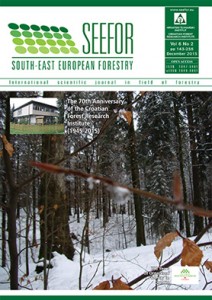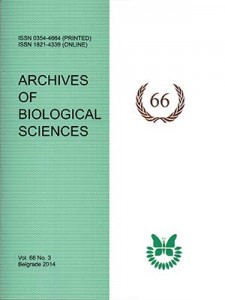A journal that didn’t get an impact factor this year after Clarivate, the company behind the closely-watched but controversial metric, identified unusual citations in several articles will retract the offending papers, according to its editor.
Genetika, a publication of the Serbian Genetics Society, did not receive an updated impact factor in Clarivate’s 2023 Journal Citation Reports due to citation stacking, a practice in which authors or journals seem to trade citations, also known as “citation cartels” or “citation rings.”
Specifically, Clarivate identified five papers published in Genetika in 2021 that had been cited by 22 papers published in the journal Bioscience Research in 2022, Snezana Mladenovic Drinic, the editor of Genetika, told Retraction Watch. Clarivate also suppressed Bioscience Research this year, meaning that the journal did not receive a new impact factor either.
Continue reading Journal to retract papers that cost its impact factor and spot in leading index
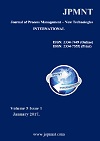 Here’s something we haven’t seen before: A journal based in Serbia recently began listing all the articles it has retracted, all due to plagiarism.
Here’s something we haven’t seen before: A journal based in Serbia recently began listing all the articles it has retracted, all due to plagiarism.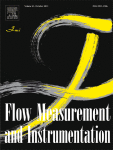 Yesterday we reported that
Yesterday we reported that 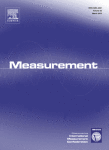 A computer scientist in Malaysia has lost two papers for faked peer reviews, and another for duplication. A fourth paper on which he is a co-author appears to have simply disappeared.
A computer scientist in Malaysia has lost two papers for faked peer reviews, and another for duplication. A fourth paper on which he is a co-author appears to have simply disappeared.

